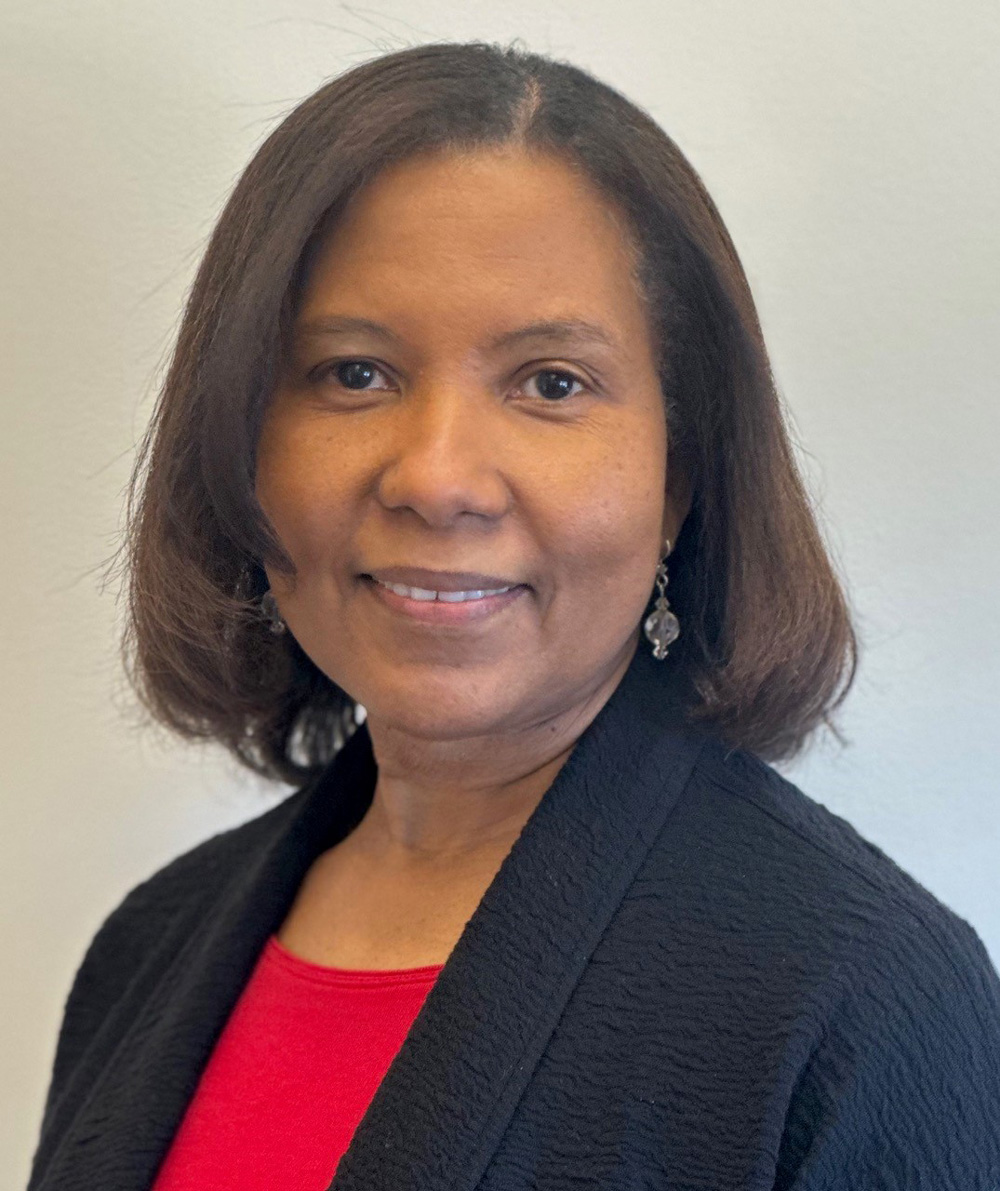
7-10-2024
When thinking of belonging, these three words come to mind,
Freedom: Being able to express your opinions even if they differ from the status quo, without fear of retribution.
Security: Knowing that others have your best interest at heart or “got your back.”
Respect: People respect and value your work and you are never made to feel diminished.
Does your name have any significance?
There is no special significance associated with my name. I think the Nancie is a derivative of Anne, which means grace.
Why do you think belonging is important?
Belonging allows an individual to achieve their full potential and in turn contribute to the overall success of an organization. Belonging takes away, or at a minimum diminish fears and insecurities and increase the feeling of being valued. When a person feels valued, that strongly increases their confidence and desire to contribute to the advancement of an organization. You are part of a team and you want to do whatever is necessary to help your team succeed. In that sense, belonging can also increase productivity.
Why do you think many perspectives are needed in research?
A variety of perspectives in research ensure that the research that is being conducted address issues that are facing a wide set of individuals, and not just a subset. Having many perspectives in research gives a voice to people of all backgrounds, including race, ethnicity, economic and educational status and the issues that are of primary importance to them.
What strategies do you employ to ensure that voices are heard and valued in your work or community?
I regularly mentor students (especially undergraduate students) from under- represented groups in my laboratory. Mentoring students from a diverse background and nurturing their interests in basic science research hopefully will serve as a conduit to get more diverse voices in academic research. In addition, everyone in my lab (including technicians) are encouraged to present their research at least twice a year to the rest of the lab in a safe space. They are encouraged to ask questions, no matter how basic they may seem to be. All comments are valued.